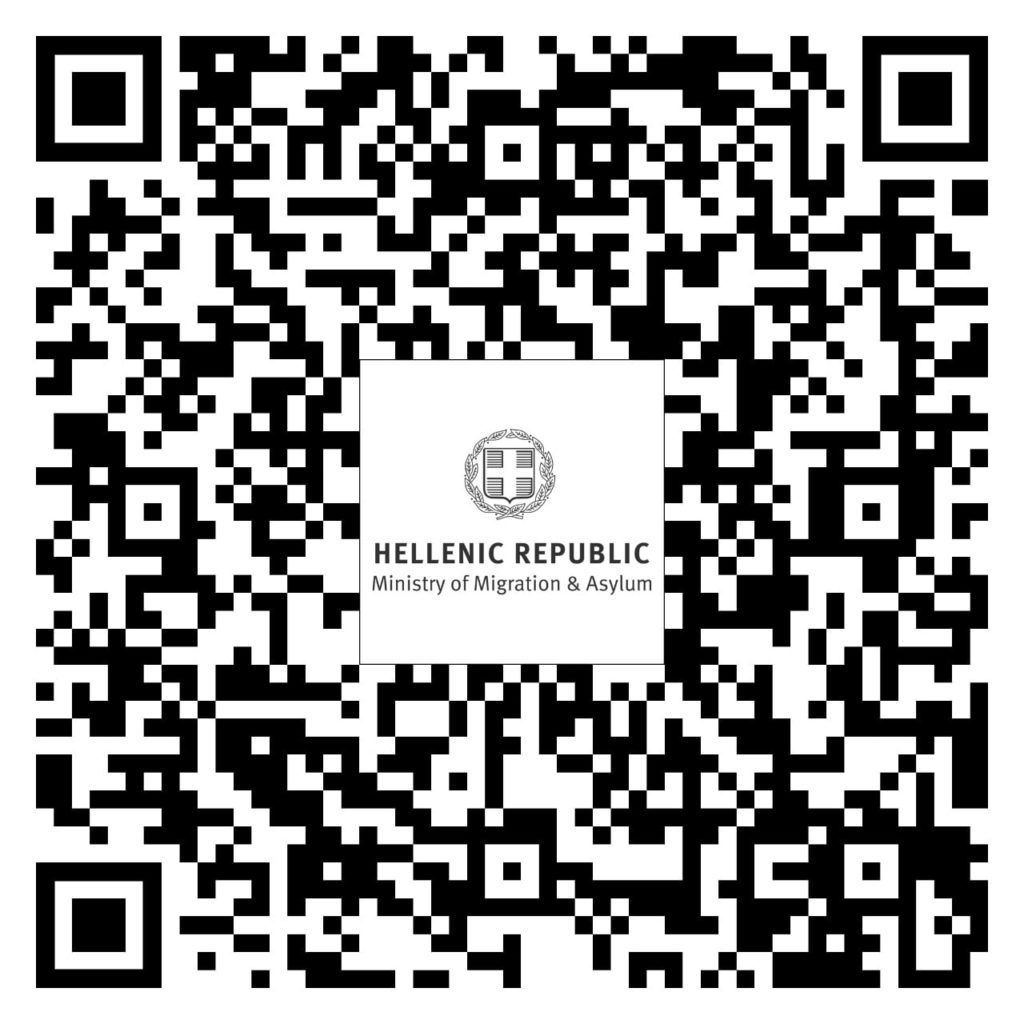The Directorate of Social Integration

The Directorate of Social Integration was established in 2016 with law 4375/2016 (ΦΕΚ 51Α), as part of the General Secretariat of Migration Policy of the Ministry of Migration and Asylum.
According to the Presidential Decree 106/2020, the Directorate of Social Integration consists of the following Departments: the Policy and Program Planning department, the Intercultural Mediation department, the Socio-economic Integration department, and the Support for Beneficiaries of International Protection department.
In the past, the responsible state bodies for social integration were: the Department of Social Integration in the Directorate of Aliens and Migration in the Ministry of Internal Affairs (presidential decree 295/2001), the Directorate of Social Integration as the competent authority for the European Fund for the Integration of Third-Country nationals (2007-2013) and the Department of Social Integration as part of the Directorate of Migration Policy (Presidential Decree 105/2014). In the period 2007-2013, the Directorate of Social integration financed ninety-two (92) projects for the social integration of third-country nationals (a total budget of 15,293,402.49€).
Mission
The mission of the Directorate of Social Integration is to plan and monitor social integration policies and strategies for third-country nationals who lawfully reside in Greece. The Directorate collaborates with Ministries, local government administrations, international organizations and entities of civil society to develop activities that promote social integration.

Goals
The social integration projects and measures that are being developed and implemented address the distinct needs of migrants and refugees.
With regards to refugees:
- the main objective is to help refugees become part of Greek society by implementing programs and projects that support their successful and prompt integration.
In the case of migrants, the main objectives are to:
- timely and promptly issue relevant and necessary immigration permits,
- establish migrants' lawful status,
- enable their equal access to health and social security services, employment and education,
- improve the quality of service provided to migrants and facilitate their civic participation.
Scope of responsibilities
The policies, programs and activities that the Directorate of Social Integration plans and implements, focus on:
- Raising awareness and informing the public with regards to migration, integration, racism, xenophobia and diversity issues. In this role, the Directorate collaborates with competent Ministries, local government administrations, international organizations and entities of civil society.
- Providing intercultural mediation services offered in public, state or other bodies, as well as schools.
- Organizing continuing education courses (e.g., such as Greek language courses, etc.), in collaboration with Ministries, local government administration, international organizations and civil society.
- Nurturing the interreligious dialogue, in collaboration with Ministries, local government administration, international organizations and civil society.
- Facilitating third-country nationals’ access to the job market and their job readiness, in collaboration with Ministries, local government administration, international organizations and civil society.
- Providing a blueprint of the educational background, the professional experience and professional profiles of third-country nationals, utilizing European and international profiling tools.
- Promptly enrolling beneficiaries of international protection in integration activities and courses (e.g., Greek language lessons and professional counseling) in order to support their integration.
Collaborations
The Directorate of Social Integration collaborates with:
- Ministries.
- Local government administration (Municipalities, development companies-ΟΤΑ).
- European Organizations (European Network for Integration, European Network for Migration, Human Rights Organization of the European Union, European Economic and Social Committee, EU Regional Policy, European Commission against Racism and Intolerance).
- International Organizations (United Nations, International Organization for Migration, Intergovernmental Consultations on Migration, Asylum and Refugees, Organization for Economic Co-operation and Development, Council of Europe).
- Civil society entities (migrant and/or refugee communities).
- Migrant and Refugee Integration Councils of Greek municipalities
- Non-governmental organizations (NGOs) that initiate and conduct social integration activities for migrants and refugees.

